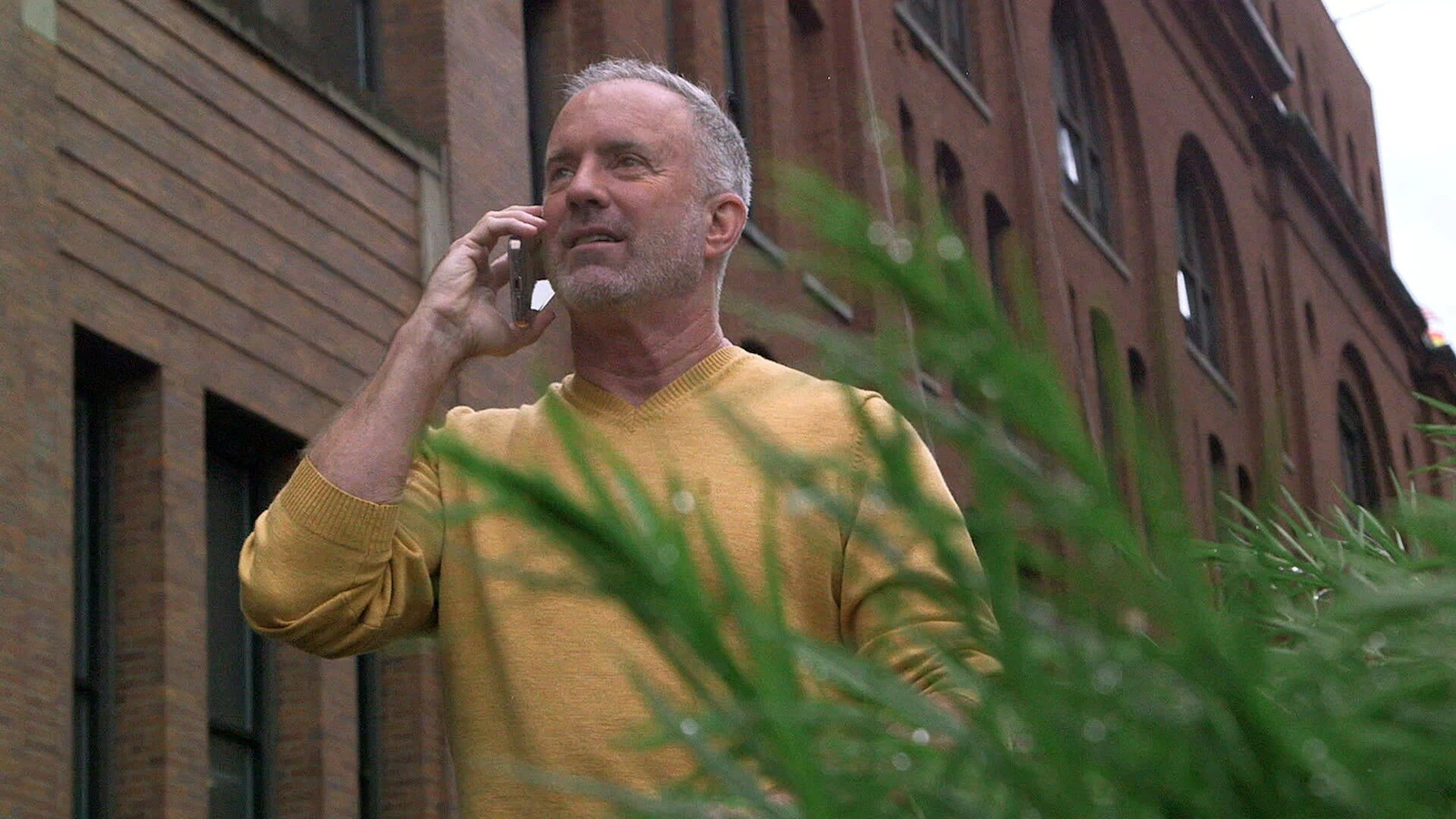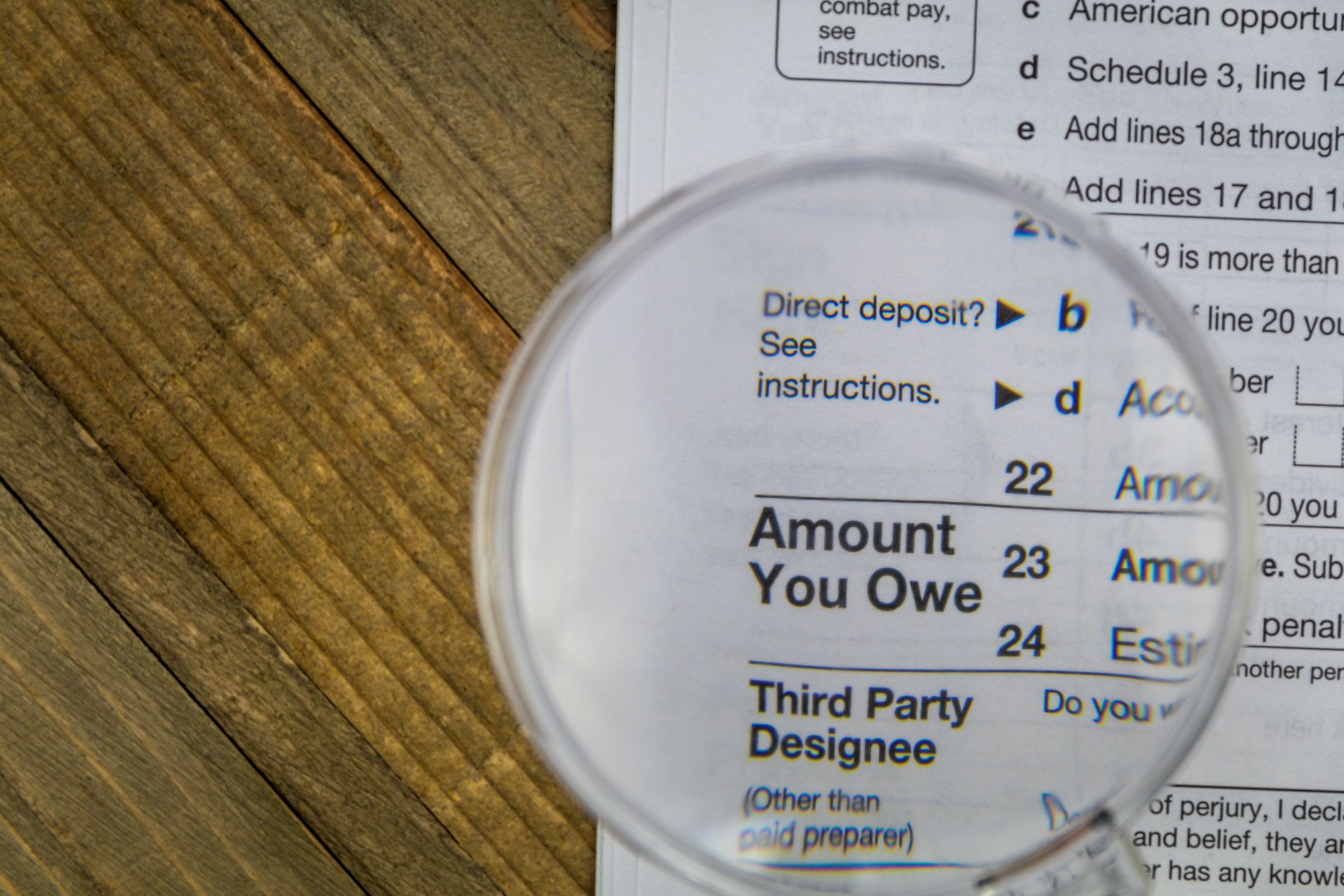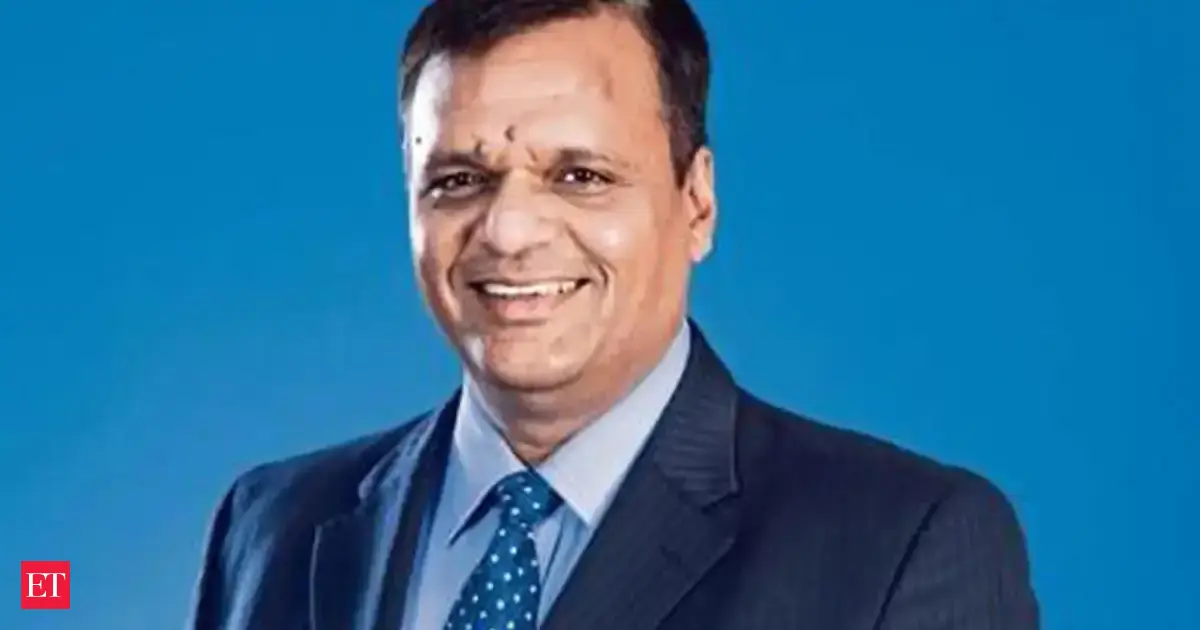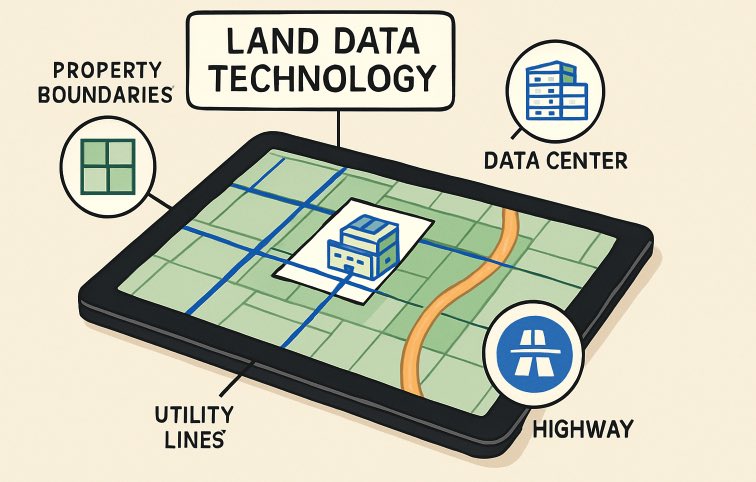Copyright ABC News

On social media, Kevin Ottomar, a project foreman from West Palm Beach, Florida, looks quite similar to Caleb Wilson, a North Carolina college alumnus, and Wilson Davis, a marine engineer in Ireland. All three men have two things in common: They do not exist in real life, and their profile picture depicts the exact same person. That person is Scott Cole, a 63-year-old tai chi, yoga and fitness trainer from Palm Springs, California. "My career's been all about helping people, wellness, stretching, helping seniors get out of the chair, helping kids work out," Cole told ABC News. "Here my likeness was being used to do something really awful." Cole said that since around 2010, he has been at the center of a romance scam nightmare, with a seemingly never-ending stream of fraudulent accounts being created by scammers on social media platforms using his personal images in order to attempt to build relationships with women around the world. "These people are being scammed by my image and likeness and being asked for money," Cole said. "It's so awful, and tragic, and mean." Fake accounts using either bogus names or Cole's real name alongside his picture have appeared on platforms including Facebook, Instagram, TikTok and LinkedIn. He is one of thousands of Americans impacted by online romance scams, with the FBI reporting more than $50 billion in losses from similar schemes between 2020 and 2024. "I will sometimes just Google myself or go onto Facebook and Instagram, and enter my name, and find all the fakes," Cole said. "I'll do this when I'm trying to go to sleep and my stomach will just get in knots. I'll start to get angry and I start to feel like, 'Why does this happen?'" 'Happy international women's day' In March, nearly 6,000 miles away from Palm Springs near the German city of Kassel, Jennifer Liese was looking at her LinkedIn account when she noticed a direct message from an American man claiming to be named Kevin Ottomar. "Happy international women's day," the message said. "How are you?" This message out of the blue ultimately led to an online relationship between Liese and the man she thought was "Ottomar," who was using one of Cole's pictures. "I was skeptical in the beginning," Liese said. "But his profile was very, very large. He had a great amount of contacts." Liese and "Ottomar" continued communicating on a different messaging platform, with the person on the other end of the screen explaining that he worked in construction and was passionate about art. She says "Ottomar" even sent her paintings he claimed to have put together and had conversations with her over the phone, all while she thought he was the man in Cole's selfie. Eventually, following months of communication without any mention of money, Liese said that one day, "Ottomar" said there were issues with two construction machines at his work site and that due to signal issues, he was not able to reach the machine suppliers to get new equipment. "Ottomar" then asked Liese to transfer money to his bank account to cover the cost of new machinery, she explained. Liese works in the German health sector, not construction, and soon pieced the puzzle together. "I was more and more convinced that, yeah, this is a scam," Liese said. "Luckily I didn't suffer any financial loss." She did a reverse search online of the pictures she thought were of "Ottomar" and instead found out that they were of Cole. "I was of course disappointed that I have been betrayed," she added. "And then very fast I thought, 'OK, I just have to contact this Scott Cole.'" 'This really is a destructive thing' Liese reached out to Cole -- but she was far from the only person to do so. Cole told ABC News that for more than a decade, he has been hearing from women in numerous countries who say that they either nearly fell for the scam or lost thousands -- even hundreds of thousands -- of dollars as a result of messages from profiles on social media platforms that used Cole's photos. "My natural response is to help them, but at some point it becomes so big that I can't even do anything about it," Cole said. "I've had hundreds of women text me or email me." In some cases, like with Liese, the people contacting Cole are solely reaching out to let him know that his identity is being used to attract unsuspecting women. But in other cases, Cole says women who were in love with his picture are so convinced that they know him that they have tried to start a relationship with him as well. "People whose image is being used are victimized in that the victims of the cases think they know them and think they have rights to them," said Erin West, a retired Deputy District Attorney in Santa Clara County, California, who now runs a nonprofit organization called Operation Shamrock. "This really is a destructive thing that happens to people whose faces are being used," West said. "It really limits their ability to engage with the internet in the way they've liked to for their business or for their friend." The "Ottomar" LinkedIn account that was used to contact Liese has since been taken down. "While online fraud continues to become more sophisticated, over 99% of the fake accounts we remove are detected proactively before anyone reports them," a LinkedIn spokesperson told ABC News. "We also provide in-message warnings when conversations move off-platform, and we offer verification to help members make informed decisions and stay safe." While the amount of time -- 15 years -- that Cole says he has been impersonated online might be substantial, this kind of scam is not unique to him. "There are a number of people, both men and women, that I've talked to directly whose images are being used to lure in unsuspecting people. The bad guys pick attractive people," West explained. "When they get one that works, they use it over and over and over." In 2023, ABC's Good Morning America profiled a man whose photos had also been used by suspected scammers to contact women, and in 2025, ABC News Studios aired the docuseries "Hey Beautiful: Anatomy of a Romance Scam," which took a deep-dive into a similar fraud case involving multiple women. "This is not because people are not intelligent, but because they might be at a very vulnerable place in their lives," Dr. Helen Riess, an associate professor of psychiatry at Harvard Medical School and the founder of Empathetics, a workforce retention firm, system told ABC News. "The human need for companionship and for closeness is extremely powerful." West said that people like Cole are scam victims themselves. "It's like stripping somebody of their authentic identity and putting in a doppelgänger who is evil," Riess said. "This creates an incredible sense of violation and helplessness." 'No end in sight' Cole said he has done everything he can to put an end to the fraudulent use of his photos, but it has proved to be an unwinnable battle. Over the years, Cole says he has reported numerous fake accounts to Facebook and that while the accounts are occasionally removed, similar profiles continue to be subsequently created. "There really is no end in sight for someone like him," said West, calling on more accountability for social media companies. "The people who have the power to make this stop are not going to make it stop." "I have every confidence in the world that [social media companies] could locate every instance of his image and remove it, and they're choosing not to do that," West said. ABC News reached out to TikTok about four accounts flagged by Cole that included his actual name and photos. "Those accounts have been taken down and the creators have been removed from TikTok," a spokesperson for the social media platform responded. "When we become aware of this type of violative content, we take it down. In fact, we proactively take down approximately 94% of videos we identify as violating our frauds and scams policies before they are reported." Meta, which owns Facebook, did not respond to ABC News' request for comment. In a statement published on its website in February leading up to Valentine's Day, Meta said that it has automated systems in place that detect malicious accounts. Liese, the German woman who was contacted by "Ottomar" on LinkedIn, said she contacted the FBI's Internet Crime Complaint Center and law enforcement in Germany to report the scam, but only heard back from German police. According to Liese, the German law enforcement agency she reached out to told her that she could file a report, but there was little chance that they could successfully find the scam artists beyond the scheme. "Those scammers are so well-organized and they are so convincing," Liese said. Cole said he has filed two reports with the FBI, but has also not heard back. On its website, the FBI says it takes complaints seriously but cannot respond directly to every submission "due to the massive number" of tips the bureau receives. "I think one reason they may not have responded is that this is so rampant, not just with my photos but with other people too," he said. "I'd love for technology to catch up and help stop this from going on."



